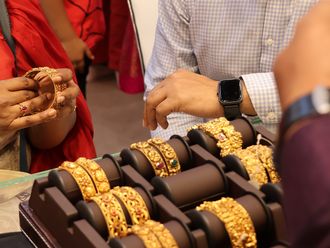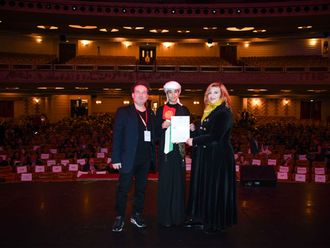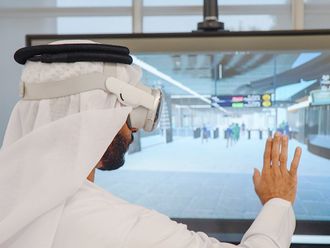President Gloria Arroyo will call for the creation of a regional anti-terrorist front at the annual leaders' summit of the Association of South-east Asian Nations (Asean) in Brunei on November 5 and 6.
"We are starting with the bilateral agreement (with Malaysia and Indonesia). The vice-president has started to sound out the other two. And I think adviser on southern Philippines, Paul Dominguez, will pursue this next week when he goes to Brunei for the conference on the East Asian Growth Area," stated Arroyo.
"In the course of sounding out (the proposed Asean coalition), there was an idea that arose, that it might even graduate into a major agenda item in the next Asean summit," noted Arroyo.
The Philippines, Malaysia and Indonesia are besieged by Muslim separatist groups which could be linked up, intelligence reports said.
The Philippines, Indonesia, and Malaysia have begun an informal coalition against terrorism because they share boundaries, said Vice-President and Foreign Secretary, Teofisto Guingona.
Malaysian President Mahathir Mohamad warned last month that a Malaysian-based group of Islamic radicals had forged links with Philippine and Indonesian separatists.
Mahathir said he has not yet received word on the proposed coalition.
At the same time, Indonesian authorities asked for assistance from the Philippine government because of reports that firearms were being smuggled by Filipino rebels to Islamic separatists in Aceh province.
"The guns might be provided by the Abu Sayyaf," admitted Philippine retired general, Eduardo Ermita, in reference to the separatist and hostage-taking group.
Meanwhile, the Roman Catholic bishops in the Philippines yesterday gave their blessing to a U.S.-led campaign to go after those responsible for terrorist attacks on its soil, calling it a "moral responsibility" for mankind.
While the Church espouses forgiveness and non-violence, this does not exclude "just punishment" for crimes committed, and there is a whole range of human action that is "morally allowable", Archbishop Orlando Quevedo said.
People whose lives are unjustly threatened or countries that are unjustly attacked can invoke self defense, while the Church also sanctions the armed pursuit of dangerous criminals to bring them to justice, said Quevedo, president of the Catholic Bishops Conference of the Philippines.
"It is expected that one's own death in self-defence or the deaths of police or soldiers in pursuit of dangerous criminals, or the loss of thousands of lives in a war of self-defence, or the possibility of counter-retaliations, are risks that have to be faced," he said in a statement.
The alternative would be accepting "the trampling of rights and dignity without resistance and with impunity."
However, Quevedo warned Arroyo that the situation was bound to exacerbate tensions between the Catholic majority and the Islamic minority in the Philippines.
"The global war on terrorism, especially if the Taliban (rulers of Afghanistan) were to be attacked, would definitely not improve the situation."
Arroya backs regional anti-terrorist coalition
President Gloria Arroyo will call for the creation of a regional anti-terrorist front at the annual leaders' summit of the Association of South-east Asian Nations (Asean) in Brunei on November 5 and 6.












